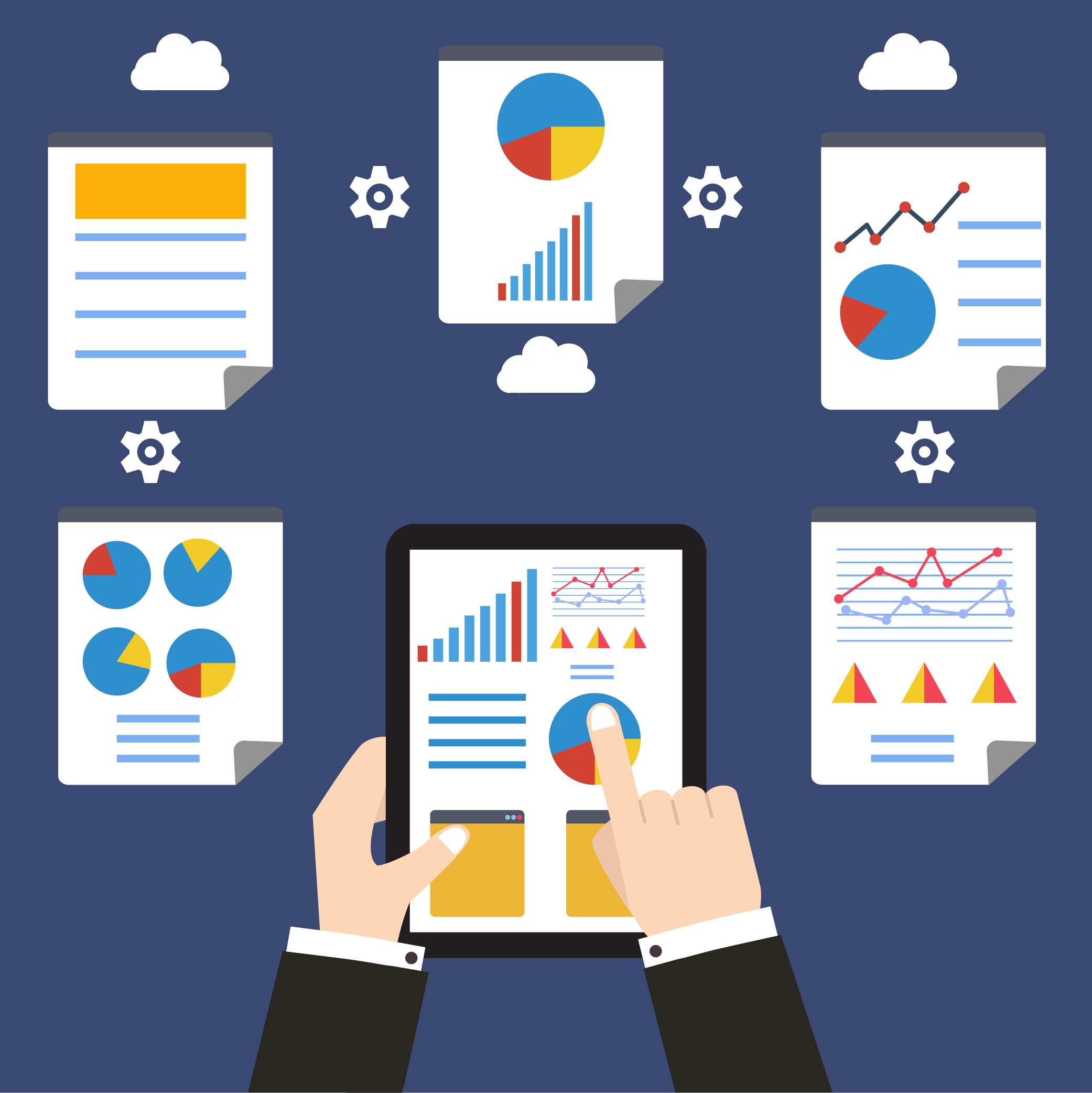In the big data era, companies are frequently turning to data analytics to make important decisions. To at least get to grips with the basics of business analytics, click here. You never know, this could come in handy one day for your business. However, with the rise in demand for analytics, most companies don’t have enough employees with expertise in data science.
As part of its 6 Trends Shaping Analytics Strategies in 2016, Deloitte cited IDC’s claim that within the next 2 years, companies in the U.S. will need 181,000 more people who are skilled in analytics so they can leverage data for insights. Deloitte argues that the answer to this skills gap is training up new analytics experts at universities and offering them attractive career paths.
So what should companies do in the meantime? These budding data experts will take years to educate, and companies are under pressure now to use data for making important decisions. Until more analytics experts are ready to enter the field, organizations need to bridge the skills gap with analytics tools that enable the average employee to make sense of data. Heap specializes in helping businesses with their analytical requirements in order to better understand customer behaviour.
The right analytics solutions should enable organizations to gain deep and accurate insights from data without the need for data science expertise.
Consequences of the Data Analytics Skills Crisis
Forbes reports that the demand for data scientists is 3x the available supply. Rapidly increasing data growth has driven the demand for data analytics. Analytics itself is also becoming more sophisticated. This is why more companies are outsourcing their data models to those at websites like VERVERICA.COM. Data is being used to forecast trends and propose multiple courses of action that can be tested for effectivity. More recently, analytics have entered the cognitive era in which systems can learn and reason to make complex business decisions.
Gartner reports that the burden of working with data is moving from IT to the business at large. Gartner predicts that by 2017, users and analysts will acquire self-service tools that prepare data for analysis. But these self-service tools may not solve the problem of maintaining data quality.
Users who are inexperienced in data analytics may not be equipped to handle data governance. In fact, fewer than 10% of self-service business intelligence initiatives will involve enough information governance to avoid inaccuracies.
Unless companies are confident in the integrity of their data, they can’t be sure they are making the right decisions. Making the wrong changes to business processes can be costly. The Data Warehousing Institute estimates poor quality data costs US companies over $600 billion per year. Without accurate data, companies may introduce problems into their operations, inhibit employee production, and misinterpret customer needs.
Working Together to Ensure Data Quality
 As more employees across the business get involved in processing data, data governance needs to become a collaborative effort. Marketing and sales may be tasked with analyzing information gathered by a CRM system. Finance and operations may be trying to make sense of data from an ERP system. The data from any of these systems can be compromised. Inaccuracies can develop while information is being entered or transferred. Information can also become outdated quickly.
As more employees across the business get involved in processing data, data governance needs to become a collaborative effort. Marketing and sales may be tasked with analyzing information gathered by a CRM system. Finance and operations may be trying to make sense of data from an ERP system. The data from any of these systems can be compromised. Inaccuracies can develop while information is being entered or transferred. Information can also become outdated quickly.
To ensure data quality, everyone across the business needs to understand how information governance contributes to the company’s goals as a whole. A unified platform for data governance will put everyone on the same page when setting the standards for data quality. Defining clear rules and policies will increase the chance that the data your business uses to make decisions will send you down the path to success.
Finding the Right Solution for Data Governance
Empowering employees to analyze data means combining self-service analytics with data governance capabilities. Platforms used for self-service data analytics and data automation tools should offer intuitive user interfaces and dashboards for user-friendly navigation. Data visualization shows clear trends and patterns in data. To make self-service analytics work, policies defined for data governance need to be automatically implemented throughout the business.
Aside from self-service analytics tools, your business needs to find an analytics consultant with an experienced and extensive staff that can ensure you are working with the highest quality of data. The analytics experts at Paradigm Technology do just that. They are dedicated to companies that are feeling the effects of the analytics skills gap.
Ann Berberich, a member of the Paradigm Executive team, describes, “Other analytics firms that specialize in analytics appear to be under-emphasizing and even divesting in the in-house talent required to conduct implementations and support. Several that we have researched seem to have very small talent pools (3-6) and haven’t invested in a team of skilled experts who can easily be deployed to new projects as they come up.”
When you work with Paradigm, you have access to the experts you need to accelerate your company’s time to reliable and profitable insights. Paradigm stands out from other analytics firms because of its depth of in-house talent.
Is your business ready to bridge the data analytics skills gap?
Reach out to us here at Paradigm for analytics tools and experts that will empower your business get maximum value & insights from your data.
